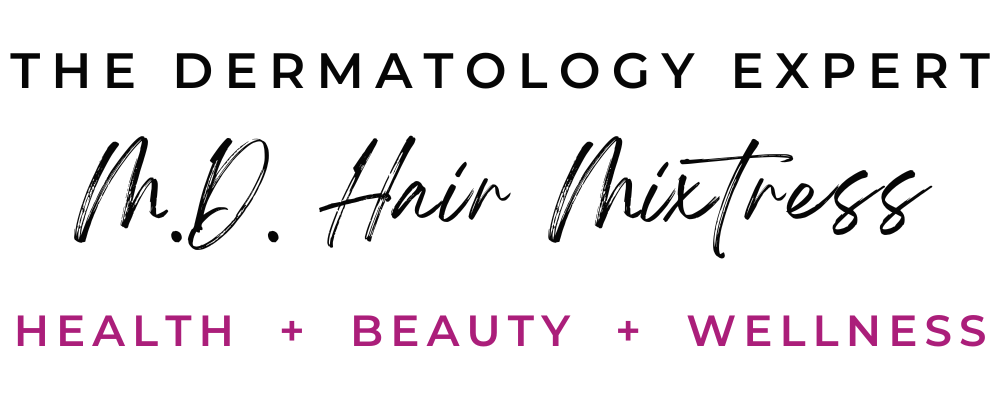Benzoyl peroxide medications are useful for treating and preventing acne. There are both over the counter and prescription varieties of benzoyl peroxides for acne, and there are many different strengths and formulations. Many people wonder: Which benzoyl peroxide should I use for acne?
What is Benzoyl Peroxide?
Benzoyl peroxide is a medication that is used to fight mild to moderate acne. It can be very helpful for acne, especially on oily skin. It reduces the number and severity of acne bumps on your skin. But many people wonder: Which benzoyl peroxide should I use for acne?
Benzoyl Peroxide for Acne Helps:
- Kill the bacteria associated with acne
- Reduce the inflammation in the skin
- Remove dead skin cells that are clogging the pores
- Shed excess oil (sebum) from the pores
Is Benzoyl Peroxide Good for Acne?
Benzoyl peroxides can be very good for treating acne, especially inflammatory acne. Inflammatory acne typically looks like red bumps on your skin, sometimes containing pus. Benzoyl peroxides can be used on face acne, as well as acne on the body—like on the back and the chest. Benzoyl peroxides are sometimes used along with retinoid medications like Differin gel, which are helpful for clearing blackheads and whiteheads.
Which Benzoyl Peroxide Should I Use for Acne?
Benzoyl peroxides come in many forms: creams, gels, lotions and washes. They typically come in strengths from 2.5% – 10%. When choosing which benzoyl peroxide to use, you should consider if you’d prefer a gel or cream that you leave on your skin, or a wash that you can rinse off.
What strength of benzoyl peroxide to buy will depend on how sensitive your skin is. Many people can tolerate stronger percentages like 10%, while others may find this too drying, and prefer a 5% or even a 2.5% strength benzoyl peroxide—at least to start with. You can later titrate up.
‘Bacne’ Vs. Acne: Which Benzoyl Peroxide Should I Buy?
If you’re treating acne on your back, you may be able to use a stronger strength benzoyl peroxide, since the back and chest are sometimes less sensitive than the skin on the face. For instance, you might use a 10% benzoyl peroxide wash on your back acne, but a 4% wash for your face.
Benzoyl Peroxide: Side Effects
In general, benzoyl peroxides for acne are quite safe. However, some people may experience side effects, especially when they first start using them.
Common Side Effects
- Dryness
- Redness
- Peeling
- Itching/Irritation
In many, these side effects improve with time, and go away. However, you should always talk to your doctor if you experience them. If you experience side effects, your doctor may recommend using your product less frequently until you can tolerate it more. Sometimes, using a lower percentage benzoyl peroxide, like 2.5%, can be a good place to start. You can always build up to a higher strength later.
Using Benzoyl Peroxide: Other Things to Know
Benzoyl peroxides can stain or bleach your towels, clothing, or hair, so be careful with application, and wash your hands after using them. Allergies to benzoyl peroxide are rare, but possible. If you have any irritation, stop using the benzoyl peroxide and talk to your doctor. Severe reactions are rare, but swelling, hives, or breathing problems can signal an allergic reaction, and you should seek immediate help if they happen. Benzoyl peroxide may not be the right choice for you if you have more sensitive skin or have a skin condition, like eczema.
Conclusion
Benzoyl peroxides are very useful for treating acne, especially for oily and less sensitive skin types. Which benzoyl peroxide to use for acne depends on your acne severity, skin sensitivity and personal preference. If you experience irritation from the product, stop it and talk to your doctor. If the benzoyl peroxide isn’t working after about 6 weeks, or if you have more severe acne, see your doctor, as there may be a better acne regimen for you.




